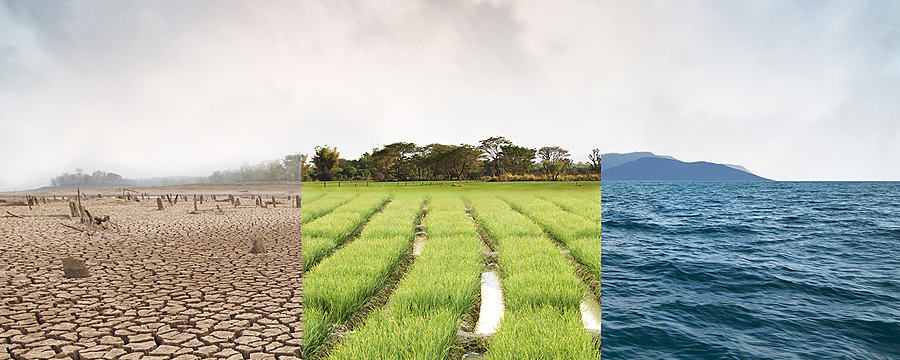The vision
Several years ago, my colleagues and I undertook a huge study looking at public attitudes to whole energy system change. It was the first study to ask publics to think …
New offer! Get 30% off one whole year of Unlimited learning. Subscribe for just £249.99 £174.99. New subscribers only. T&Cs apply
